Name: Justin Nucum
Age: 30
Location: Buena Park, CA (Orange County)
How long have you been an ambassador? Since October 2019
Favorite beer? Upside Dawn (my go-to), All Out Stout
Instagram/social media: @hardkourperformance
@hardkournutrition
@j_nukes
hardkourperformance.com
jnukes.com
Ambassador Justin Nucum is not only an accomplished athlete and an intense competitor, but his group of HARDKOUR Performance athletes can be found crushing it on OCR (obstacle course races) courses nearly every weekend now that event schedules are returning to business as usual.
They’ve earned national recognition for being an elite racing team -- something Justin is immensely proud to share.
“I’m really proud of that. It really isn’t just me -- it’s developing this community of this elite group of athletes, and just being recognized for that. I’m only managing about 20 to 30 athletes, but being recognized at a national level is huge for us, and huge for me. And just for people to recognize our HK logo, it’s huge.”
Justin is the founder of HARDKOUR Performance, a community of athletes with focus on training, nutrition and an all-around healthy lifestyle. He was introduced to Athletic by a fellow ambassador and found that the focus on health fit right in with the goals of not only him and his training, but for his community of health-conscious athletes as well.
Justin’s been a staple in the OCR scene for some time, but his most recent opportunity brought him to the set of the TV show Wipeout.
Read on for details on his injury, his recovery, and what his favorite recovery food is!
Special note: The Wipeout episode Justin participates in and discusses in the interview will air on TBS on May 6! You can also watch it online at https://www.tbs.com/shows/wipeout

Tell me a little bit about your athletic background; what activities do you enjoy doing?
I played volleyball and basketball in high school, and then in college I competed collegiately as an olympic weightlifter. I actually have really bad scoliosis, so it was doctor’s orders that I had to stop. I couldn’t put anything overhead anymore. With olympic weightlifting, the two main lifts, everything was overhead. So I was able to get one year of competing, and then I started diving into Brazilian jiu jitsu and then yoga. It was more to just kind of stay active and listen to the doctors. That’s kind of my background. And then, from there I transitioned into functional fitness, obstacle course racing, mud runs … and that led into my idea of the business (HARDKOUR Performance).
Wow, so you were competing with scoliosis, knowing that you had it, or was it something that you discovered?
Yeah, so I knew, and then I willingly wanted to compete at least one time before I had to call it quits forever.
What was that like? Was it painful, was it tough, was it fulfilling … ?
It was more fulfilling. I was training so much, and then not being able to compete or reap the benefit of all of that hard work, I just wanted to say, “Hey, I put in all this work, I went out and competed.” Regardless of the result, I could just lay it on the line and be like, OK, I’m done. I could quit today and that was it. That was kind of just my mindset. I wasn’t worried about getting hurt or anything like that.
So now that you’ve gotten into Obstacle Course Racing, does that bring that competition back for you?
Oh yeah. I think as with any athlete, they’re always trying to find something to have that competitive spirit going. You kind of just change your focus into another sport. So here we are.
And that’s a little easier on the back, right?
Oh definitely.
Can you tell me a little bit more about your business, HARDKOUR Performance?
We’re a mobile company so we host outdoor trainings at different parks, beaches, trails. Before COVID, we were bringing all the equipment out to the class. Our main piece of equipment was sandbags, so it’s just a multi-tool that you can use to do full-body workouts. You don’t need to bring dumbbells, kettlebells, you could just use that one piece of equipment, and that would be it. In a nutshell, that is what the business is.
We specialize in Obstacle Course Racing, so if anyone wants to train for a Spartan Race, Tough Mudder, any smaller runs, Rugged Maniac, terrain races, any of those, we’re catered towards that. A lot of our workouts are a mix of a couple of things, so you’ll see similarities with CrossFit, functional fitness, high-intensity or bootcamp style. There’s a lot of circuits incorporated. We also incorporate a full program, so we have yoga just to kind of balance out all the high intensity stuff. We need our body to recover and to rest to prevent injuries.
That was the goal, in the beginning, to have this whole ecosystem of training, recovery and now we just incorporated nutrition, so it’s this whole full circle — a one-stop shop of everything, really developing a lifestyle within the business. We’re based in Orange County, CA, and we’re venturing off into L.A. County as well. In terms of training, we do have clients who are out of state, or in different counties and different cities.
We have team members all over. It’s a little bit easier to have team members remotely, because we had to incorporate virtual training and remote training. I was doing a lot of Zoom trainings. (We also developed) blueprint workouts that people can do in case they didn’t feel comfortable working out outside or with other people, so they can just do it at the home gyms or they can go to the park by themselves and do it on their own.
That’s kind of the transition that we had during and post COVID that we had to pivot toward.

What made you decide to apply to become an Athletic Brewing ambassador?
One of my clients was an ambassador, Tony Maher. He was the one that brought up the opportunity. He was saying that, “Hey, Athletic Brewing is looking for ambassadors; it would be a great fit for you and the company.” So I gave it a shot, talked to Mason, and the rest is history.
We’ve been able to work together for events. I enjoy the product, too. I do like a nice beer. Every time we complete races, they always have, kind of like a cheaper beer I guess you could say, to refresh or refuel you, but sometimes you're so tired, you’re so and defeated that you just want something a little bit healthier. I started incorporating non-alcoholic beers, and it was such a game-changer. It’s hard for me to promote a regular beer and then promote this healthy lifestyle. It just didn’t make sense.
Having Athletic brew, it was like, “Hey, you can still be fit and have this healthy lifestyle, but still enjoy this healthier-option beer.” It just made sense, and I’m happy to promote and represent Athletic Brew.
In what ways has the Ambassador program helped you grow or develop in your personal, professional and/or athletic careers?
We sometimes have a surplus of beers or we get cases for the ambassadors, so it’s nice to share it with clients, like, “Hey come to the workout, we’ll have a beer.” You can kind of entice people to show up now. Even with events: Athletic Brew is going to be there, or is going to be providing beers for afterwards. I think people who aren’t affiliated with us, they associated mud runs and those type of events with a finisher beer, so just having that as a reward or prize, it’s enticing, it brings attention to us, gets us more registrations or attendees, so the awareness is there. It’s nice to have that as an incentive for people.
And, I don’t know, you guys are great. It’s just a great team, all the other ambassadors ... It's just a great community. We have a couple of ambassadors on our team as well. It’s nice to share it, and then we’re having pictures, doing content together. It’s just fun.
Has it made you healthier?
Oh for sure. And mentally, you’re just -- there’s no guilt. You definitely feel ready to take on your next workout the following day. There’s no hangovers, there’s no bloating. It’s such a game-changer, for us especially, because we’re more of the competitive elite group of athletes in the OCR community, so it’s really nice to have that option. A lot of us -- at least half or more -- don’t drink at all, but the ones that do are drinking the healthier option.

What are some of your favorite moments or highlights of your athletic pursuits?
The most recent one is getting on Wipeout. That was huge! I think it’s been a long time coming, to get on TV, and do what you love, you know, what you’ve been training for, essentially. That’s been huge, so reaping all that -- the features and the shoutouts from that. The episode hasn’t even aired yet, and just the love that people are giving for being on the show, it’s incredible.
And then before COVID, the last year of racing. I got third in the Spartan Race Trail Championships. (I believe that was in December 2019? It feels like a million years ago.)
Even for our team, in 2019 we got recognized as one of the best regional teams, HARDKOUR Performance as. I’m really proud of that. It really isn’t just me -- it’s developing this community of this elite group of athletes, and just being recognized for that.
And I think -- Mason could kind of attest to this, too -- the first Spartan Race for this year was in Florida. He was there, and he was saying that people were wearing your logos ... they know who HARDKOUR Performance is. I’m only managing about 20 to 30 athletes, but being recognized at a national level is huge for us, and huge for me. And just for people to recognize our HK logo, it’s huge.
[Editor’s note: Mason Gravely is Athletic Brewing Co.’s Lead Adventurer and also runs the Ambassador program.]
What else … I qualified for the Spartan Ultra World Championships for 2021. The qualifier was in 2019 and it rolled over to 2021. … I did third place at Spartan Trail at Big Bear in 2019. I believe that was in May? I’m trying to backtrack, that was two years ago!

Do you have a good luck charm or anything that you bring along for competitions?
I wear this, this (necklace) was given to me by my mom. It’s a little charm. It’s supposed to protect you. I wear that under all my training gear, for any competitions, anything big that I’m competing for. She’s in my head, like, “Don’t get hurt. Don’t mess up!” A crazy thing, too, because I took it off for Wipeout, and then I got hurt on Wipeout. I was like, “Nooo, I didn’t have it, and I got hurt.”
Oh no! What happened?
I had a double fracture on my ankle on the last obstacle of the last round. I had surgery in December, and I just recently just got off crutches and my walking boot. I’m fully healed now, and I’m just finishing up physical therapy, but I’ve been out for like four months. Everything’s been like hush-hush until we had approval from Wipeout.
We filmed in December, that’s when I got hurt. Luckily, I was able to get surgery right away, the following week. It was tough because of COVID. Seven screws and a plate later, I had my first break on national television. It was a double fracture by the ankle and a piece of bone chipped off, too. So they gave me the option to not get surgery but they had to take the piece of bone out regardless. I said, since you’re already opening me up, might as well just do everything, so they did. It took me about four months for recovery, but everything is fully healed. Hopefully I can start running in about 4-5 weeks.
What was recovery and PT like?
It was a lot of stretching and range of motion exercises. My first 6 weeks of PT, that’s what it was. Now I’m able to do a little bit of more strength exercises. Now I’m able to put 100 percent of weight on it. Prior I was able to only put 20 percent, so I was still walking with a limp, crutches, walking boot.
The road to recovery actually wasn’t as bad, kind of diving back to pre-COVID, we were so busy, every weekend, we were traveling, we were doing all these events. It was kind of a way for me to dial it back down, like, “Hey, if you’re not able to travel or go to all these events, how is the business going to continue to run?”
So it gave me this realization (that) we need to streamline some of these things: How can we provide a program remotely so people from all over can be involved? Zoom workouts, online programming -- I’m able to hit more people rather than just people close to me. In a weird way, it was “perfect timing” to get hurt because there was nothing happening. I wasn’t missing too much.
And then it was on my left ankle, so I was still able to drive, do my personal trainings, do the group classes. So I was looking at it at a very positive standpoint. It could’ve been worse. Someone actually passed away (of a heart attack) a couple episodes after us. So putting all those things into perspective -- OK, you’re still alive, still able to continue doing what you’re doing. We knew what we were signing up for. It’s all part of the game. This could’ve been at a race, or even at a training or a trail run. It’s all part of it. So I wasn’t too hard on myself. It’s just all part of the journey.
How to use that experience to help your teammates or your athletes?
We’re so used to working out every day, sometimes you’re down on yourself, you’re like, “I can’t do the things I was doing, or now the struggle, or you’re starting back over again.” I’ve also been doing research where you don’t want to neglect the healthy side. I’ve been learning about all the things that you’re able to do. There's so much you still can do while being injured. I can definitely apply that and tell that to my clients. I’ve been there before. I’ve done that, and you can do it too. I know it’s hard, and it sucks, but it’s just part of the journey, part of the process. Sometimes it’s more mental than physical.
Even getting that confidence -- I’m literally learning how to walk again. To some it’s gonna be really frustrating. But I think it’s just trusting the process. Your foot’s been cooped up in a cast for 4 months. It needs to relearn how to do it. You can’t just jump back into it again. So, just that understanding of why you have to bring it back or tone it down or start at zero. I think it is just all a learning process. I think it happened for a reason.

What are your goals for 2021 and beyond?
Events are opening up, so we’re really hoping to get out there. Everyone on the team, everyone who’s racing, is itching for something to do. Some of our athletes are already flying out. Everyone’s kinda, no matter how big or small, people are really trying to attend, test their fitness, see if their home trainings paid off during the whole year in quarantine.
The goal for this year is really to get to as many events as we can. I honestly believe California might be one of the later states to open up bigger events like that. Even for us -- we’re hosting our own 20-30 people events. I think that’s what we’re seeing more of locally. I think it’s just to host our own events, attend more, and bring back that normalcy, and get that competitive spirit and with the community. I think that was my whole goal, too, in 2020 and leading up to this year, is keeping that whole OCR sport alive.
Spartan Race and Tough Mudder were the two big companies, and then Spartan Race bought out Tough Mudder, so it’s really just Spartan Race. Now that Spartan Race is cancelling or postponing a lot of races in California and nationally, I really think it’s up to the gyms, the smaller companies that are hosting races, to keep OCR alive. We’re a very small community already, there’s only so much we can do, and so many restrictions and guidelines. I think ultimately that’s the goal for this year, is to keep OCR alive.
Are you encouraged by all the events that are happening? They are starting to pop up.
Oh yeah, I’m definitely encouraged. And I’m actually curious, because everyone’s doing it their own way. The way we do ours, it’s so small, it’s 2 people per wave every 10 to 15 minutes, so people are racing against time rather than them going head to head against each other. The one this past weekend, they were doing 20 people per hour.
So no matter how fast or slow you are, you’re just in that same group of people. I’m just curious how people are doing it, and that way we can tweak it, and make people feel comfortable competing. We’re being responsible, and we’re doing our part to make everyone happy and feel comfortable and be safe overall.
Do you have a favorite rest day activity?
You know what, I don’t really have rest days. I do like to do yoga to unwind. Just like a nice beach day for me is perfect. Nice coffee, just chill by the beach, on the sand. That’s it. Coffee and doughnut, I’m good. I’m a happy camper.
That’s funny, I was going to ask you what your favorite recovery food is, or what you like to eat after a tough workout, but coffee and doughnuts, is that your thing?
Doughnut after any long run or hard workout, I’m always down for it. Coffee to start the day. And an ice-cold Athletic brew, too, after a long run is perfect.
You know, a life hack, or pro tip for what we do: Every Saturday, we do our early-morning trail runs. Our meet time is at 5:30, and then every week, we change locations. We load up our cars with coolers and then we have either our recovery drinks, and I throw in some Athletic brews, so by the time we’re done, they’re still ice cold. By the time we’re done by 9 am, 10 am, we crack that, and it’s a good time, it’s a good morning already.

If you could choose one event as the dream event, what would that be? What would make your life, like, “YES, I did it”? Anything goes here, this is your dream.
There’s so much that comes into mind, but there is a Red Bull Race (Redbull 400 in Park City, Utah, the steepest Vertical 400 meter race). It’s so steep, they have netted rope that’s on the hill so people can hold on. I just like the vertical climbs. … Just traveling to go and do events like that would be amazing. It looks horrendous. People are passing out, throwing up because the elevation is crazy too (about 7,000’). Mind you, we like to do crazy stuff like that.
But yeah, I think just traveling, doing races. We were about to go to Greece for one of the championship races out there. All of 2019, we were almost traveling every weekend. It was getting busy and then all of a sudden we were stuck at home not doing anything.
What does without compromise mean to you?
Without compromise. It is … without guilt. Without deferring from your goal, your end goal, your finish line. Staying on track of your goal, I think that’s what it means to me.
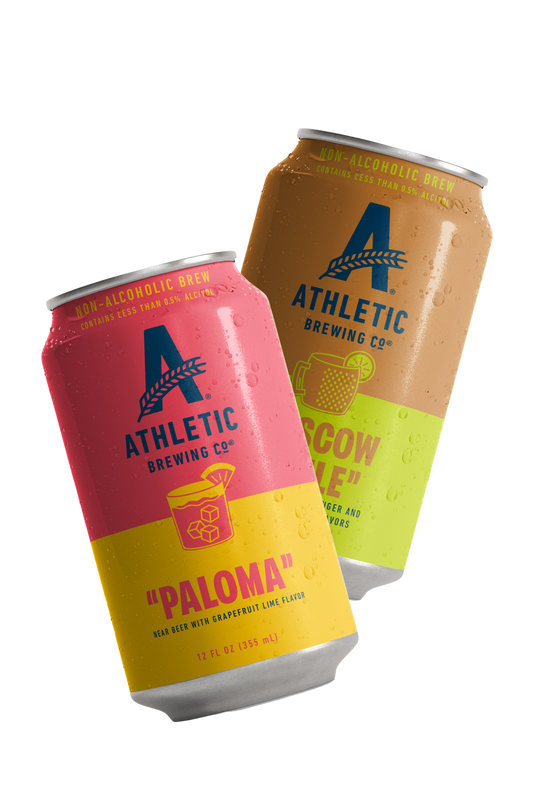
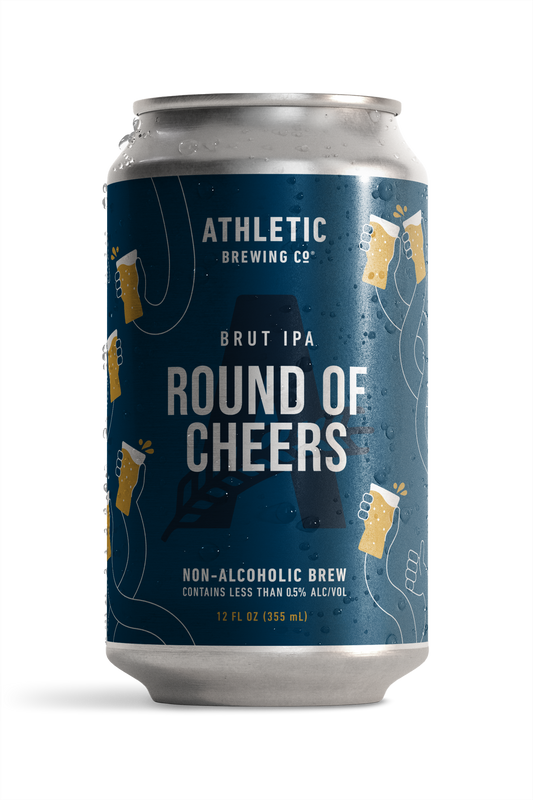
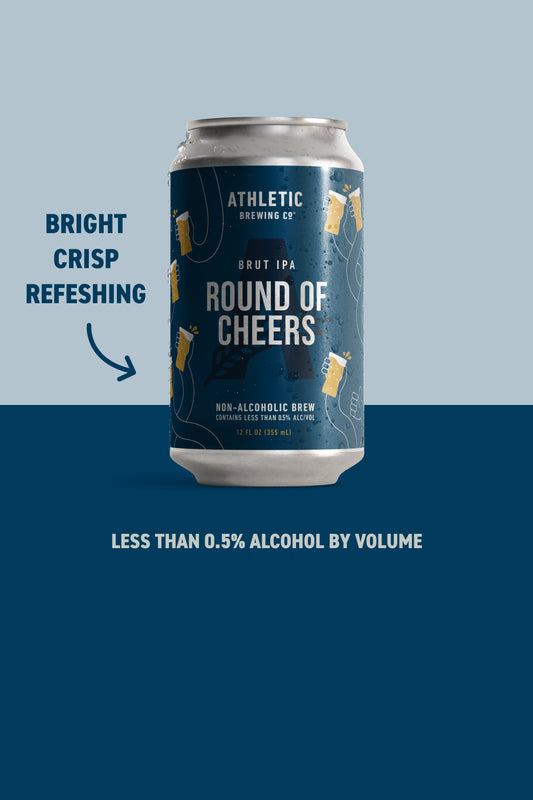
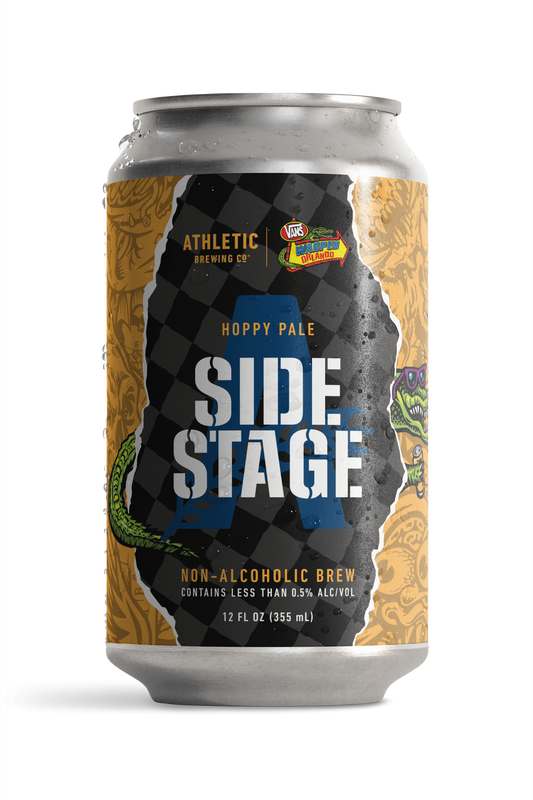

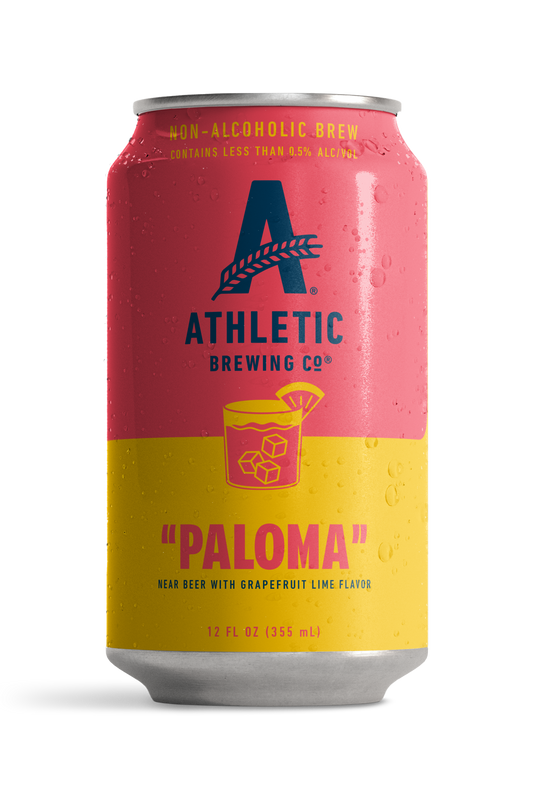
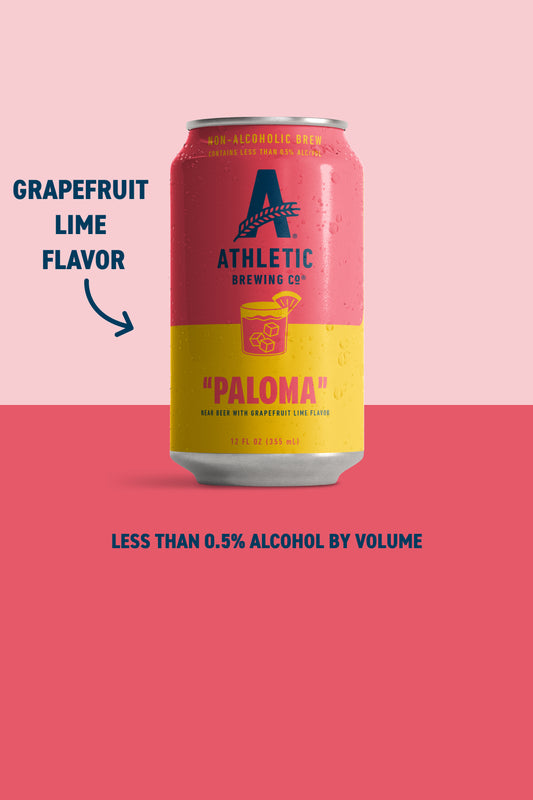
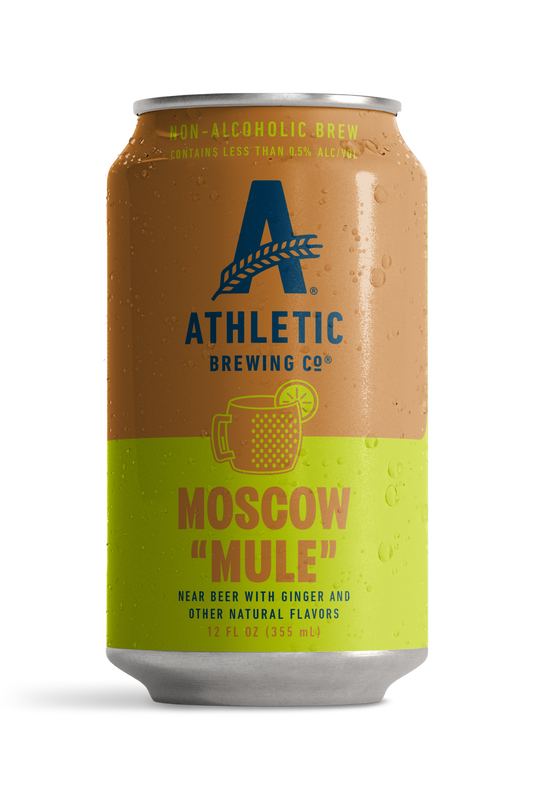
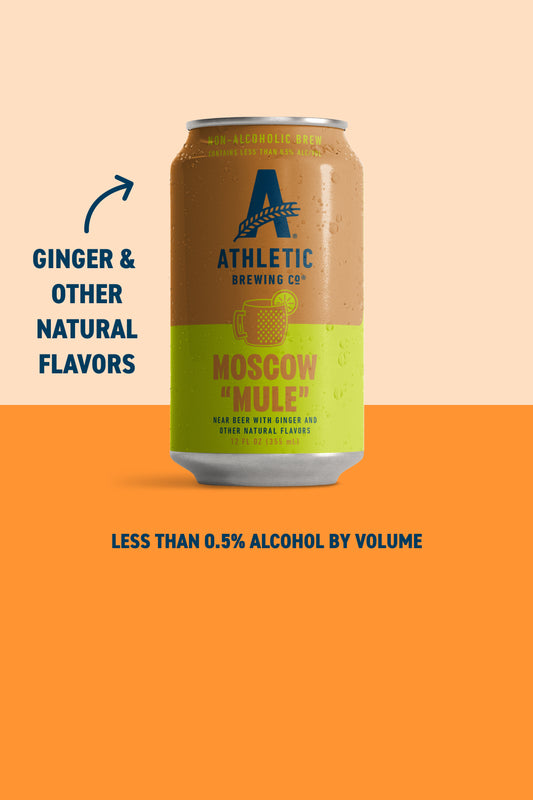
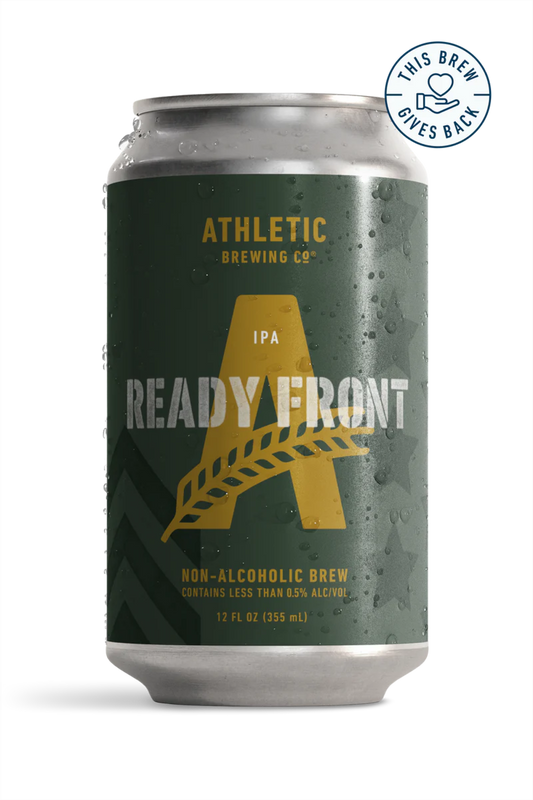
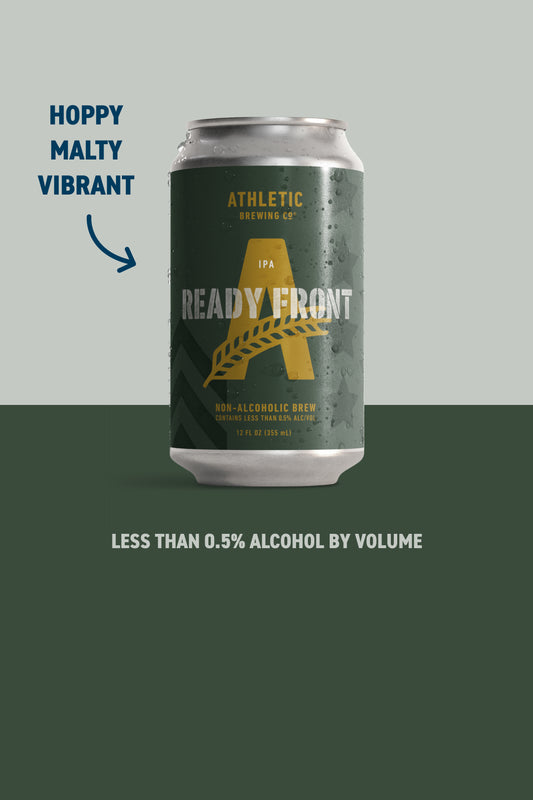
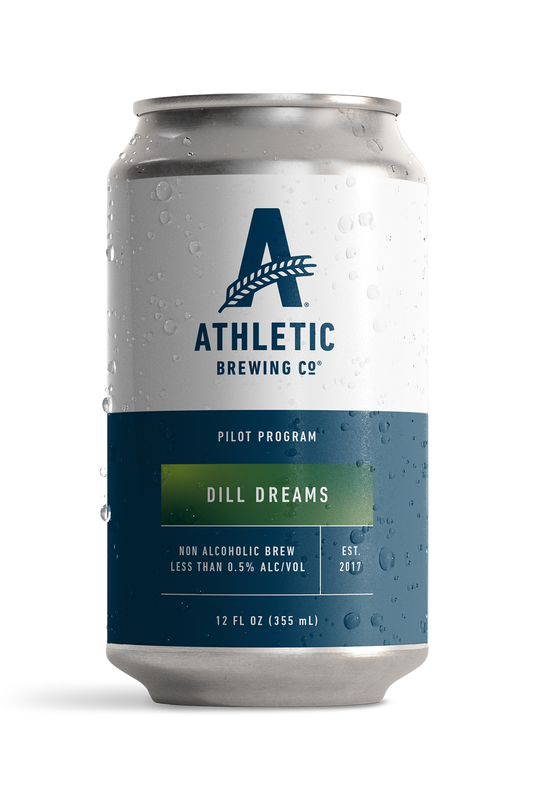

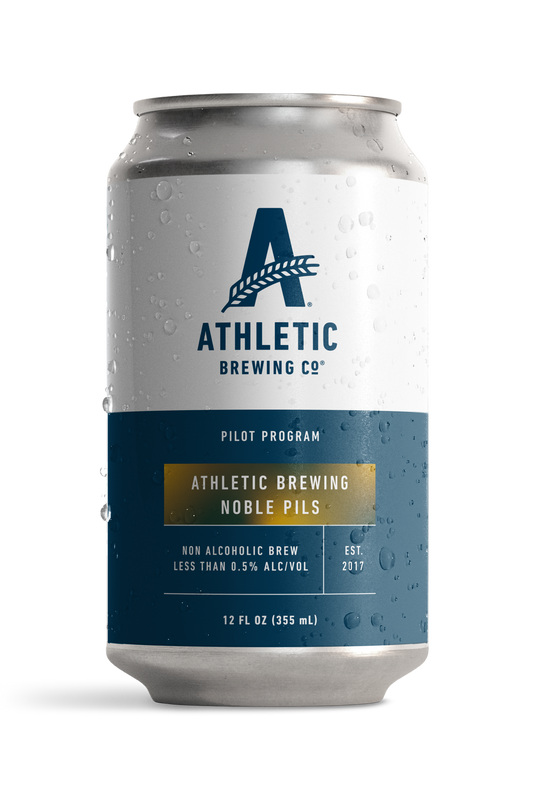
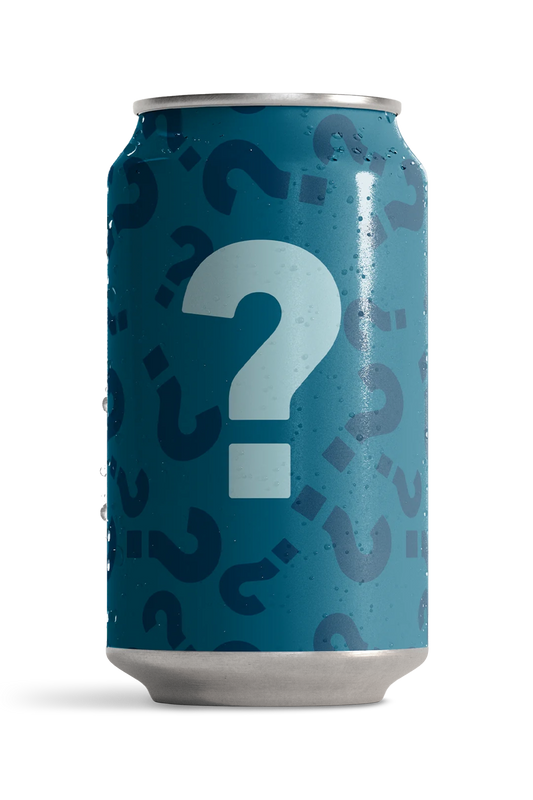
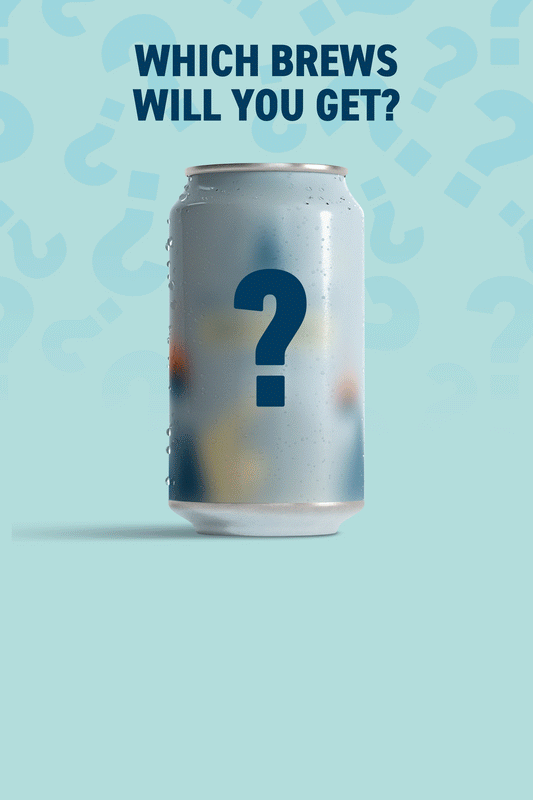
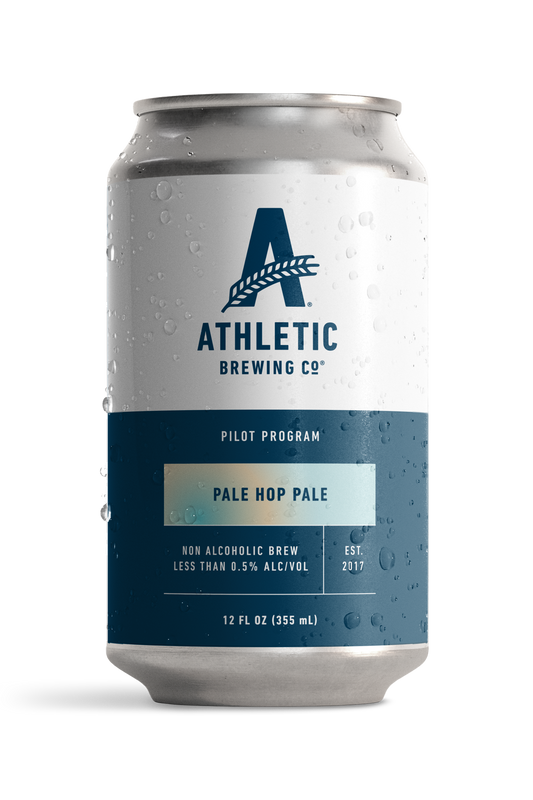
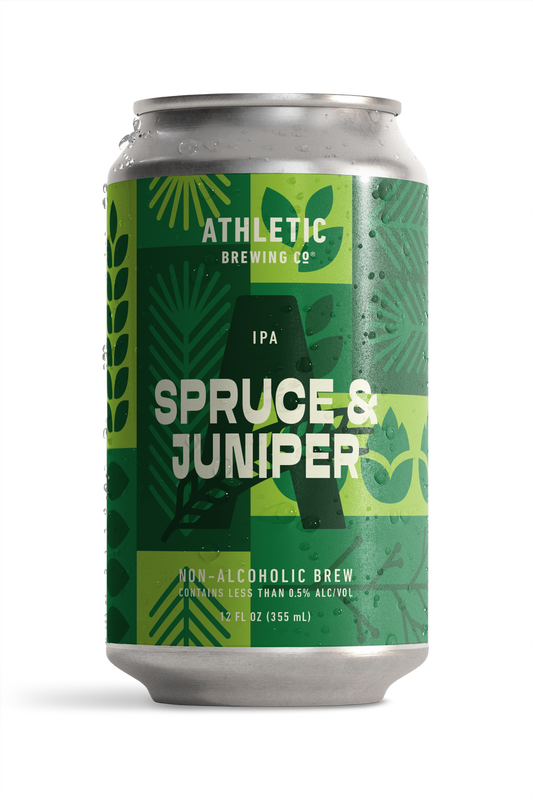
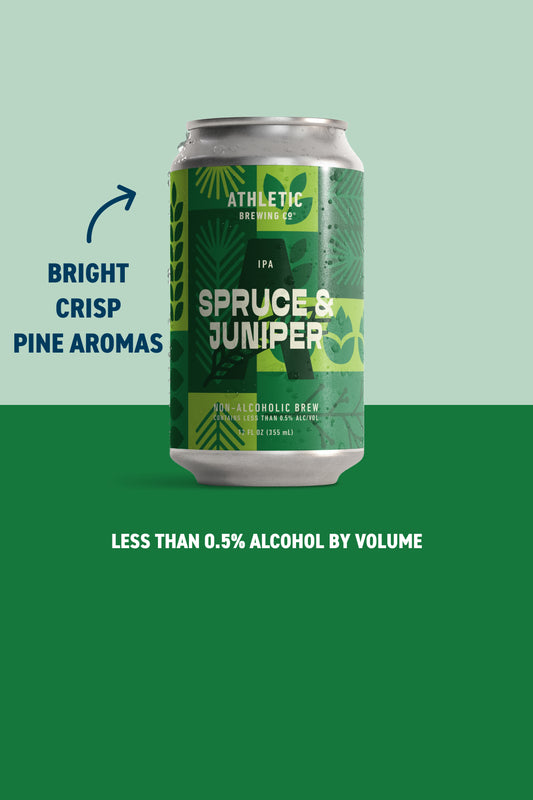









 Your Privacy Choices
Your Privacy Choices











